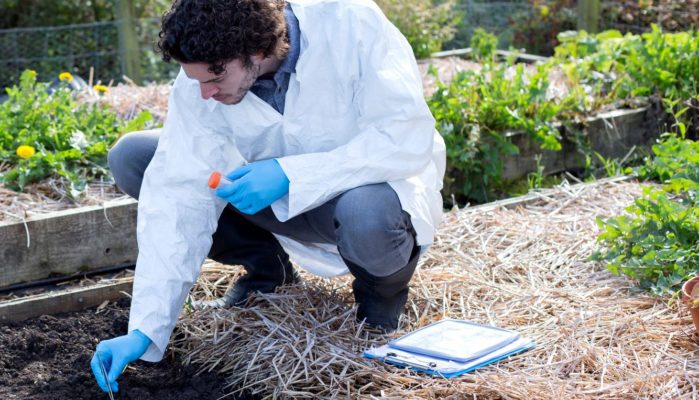Many elements of farming are improved through trial and error.
In some cases the best way to go about things may have been established hundreds of years ago, but in others new techniques are still being trialled, encouraging farmers to conduct their own research and development projects.
Georgina Keys, R&D Technical Consultant at Leyton, explains three ways that biological advancements made by the life sciences industry can help improve the quality of crops and livestock…
- The Golden Rice Project
In an effort to combat vitamin A deficiency, which is estimated to kill 1.15 million children a year worldwide according to UNICEF, scientists have use agricultural biotechnology rice which is much richer in vitamin A than standard rice. It is also able to grow in a range of environments, including land previously deemed unsuitable for crop growth. - Disease-resistant plants
Genetic manipulation has other uses. Scientists have been able to create plants which are more resistant to diseases and toxins, while still being safe for humans to eat. Disease resistance means higher crop yields for farmers, plus less use of environment-damaging pesticides, which are also potentially harmful to farm workers. - Livestock health
Veterinary medicine advances are helping livestock and dairy farmers provide better care for animals, from curing diseases more efficiently to improving herd fertility. Developing an understanding of the feeding trials or selective breeding regimes scientists are using, farmers can adapt their agricultural techniques to match.
Agricultural insurance is designed to make sure your crops, livestock, liabilities and more are covered with indemnity levels suited to rural and farming businesses. Our knowledgeable farm insurance experts can arrange insurance to react to new technology and challenges.
Safeguard Insurance arranges extensive cover for the life sciences industry, please contact us for a discussion about your projects.

